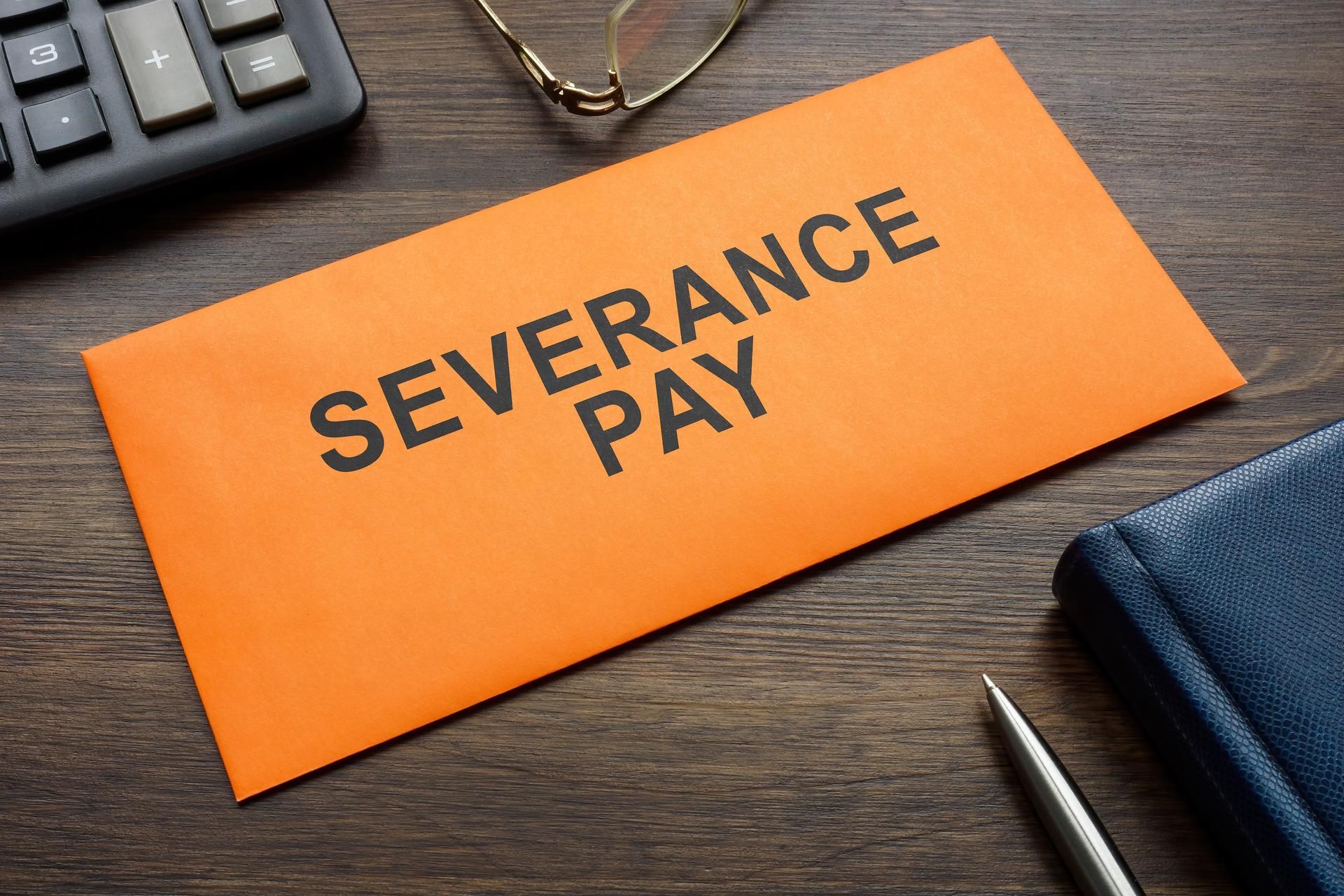Answers to Your Questions About Whistleblowing

Are you aware of unlawful activity at your workplace? Employees in your position have many questions and decisions to make. One of these may be whether to become a whistleblower or not. What is a whistleblower? What rights and protections do you have as a whistleblower? Moreover, what is the best way to protect yourself? Here are some important answers to your questions.
What Makes a Whistleblower?
The idea of a whistleblower is familiar to most, but it is often misinterpreted. For legal purposes, a whistleblower is generally a person who reports business activity that violates laws and statutes. These violations include areas like job site safety, food safety, tax law, workplace discrimination, consumer product protection, money laundering and fraud, environmental protection, and energy safety.
Whistleblowing, though, may be referred to in broader terms about speaking out about any wrongdoing or secretive activity an employee sees. Before you decide to speak up, you should understand what qualifies as protected whistleblowing. Someone who reports an employer for discrimination may be protected from retaliation, but someone who reports that the CEO is wasting company funds won’t be.
How Are Whistleblowers Protected?
If you feel you must report a serious violation, what protection can you expect? In general, the law prevents employers and others from retaliating against someone who exercised their right to report unlawful or unethical activity. It may extend protection to nonemployees, including independent contractors and vendors, business associates, and temporary employees, but if you are one of these non-employees listed here, you should consult an attorney before engaging in whistleblower activity and make sure you are protected
Retaliation in the workplace takes many forms. Certainly, the most obvious form is the termination of the employee's job. However, retaliation can be more subtle. Here are a few less noticeable ways employers may retaliate against a whistleblower:
- Denying the worker days off
- Failing to promote or give the worker a due raise
- Giving the worker the worst projects or shifts
- Making fun of the worker
- Allowing other employees to create a toxic environment
- Making work so difficult that the person leaves
- Disciplining the worker when it is undue or doing so unfairly
- Threatening to report the worker to the government
- Reducing the worker's hours or not scheduling them
- Ceasing business with the person's company
Clearly, retaliation can be difficult to recognize, particularly when it first happens. Because employers know that retaliation is against the law, they're likely to do it gradually and come up with excuses for bad behavior. A whistleblower might be allowed to interview for promotions, for instance, but may not realize that they were simply never seriously considered.
Whistleblowers may qualify for additional protection: a reward. Some cases — in particular, financial and tax fraud — may come with a monetary reward of a percentage of funds recovered due to the whistleblower's actions.
How Can You Protect Yourself?
Anyone who knows of potential legal violations should take a few preparatory steps before making a decision about whistleblowing. First, you should do your best to document the activities or circumstances. This helps you by providing a clear case that you should be protected under whistleblower rules. It also makes reporting easier and more successful.
The second step is to speak with an independent attorney in your state. They'll help you understand unlawful actions and decide the best approach to stopping violations with as little risk to yourself as possible. Your attorney may advise you to approach the company, such as the Human Resources department, with a formal written complaint, or they may advise going to an oversight agency first. You should know the answer to how best to blow the whistle beforehand.
Where Should You Start?
Alabama contractors, employees, and others who witness unlawful activity should meet with Allen D. Arnold Attorney at Law. We'll help you determine the best way to stop wrongful actions and protect both yourself and those around you.
Alabama Rules of Professional Conduct Notice: No Representation is made that the quality of legal services offered is greater than that of other lawyers. The information contained on this website is not a substitute for legal advice, and reading it does not create an attorney-client relationship.









